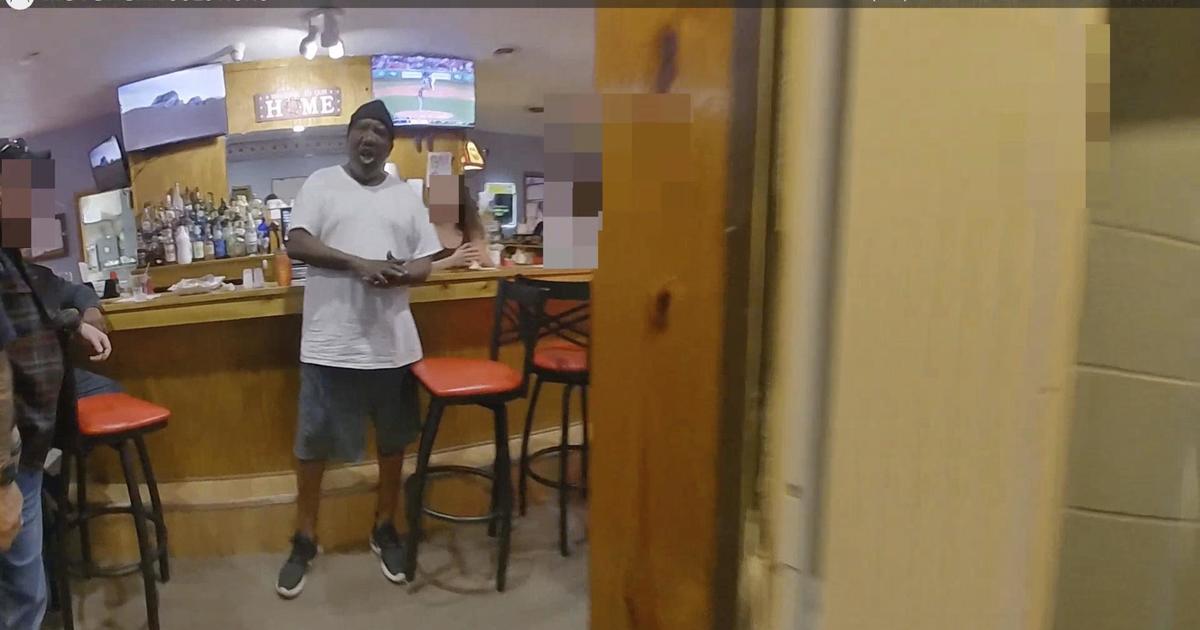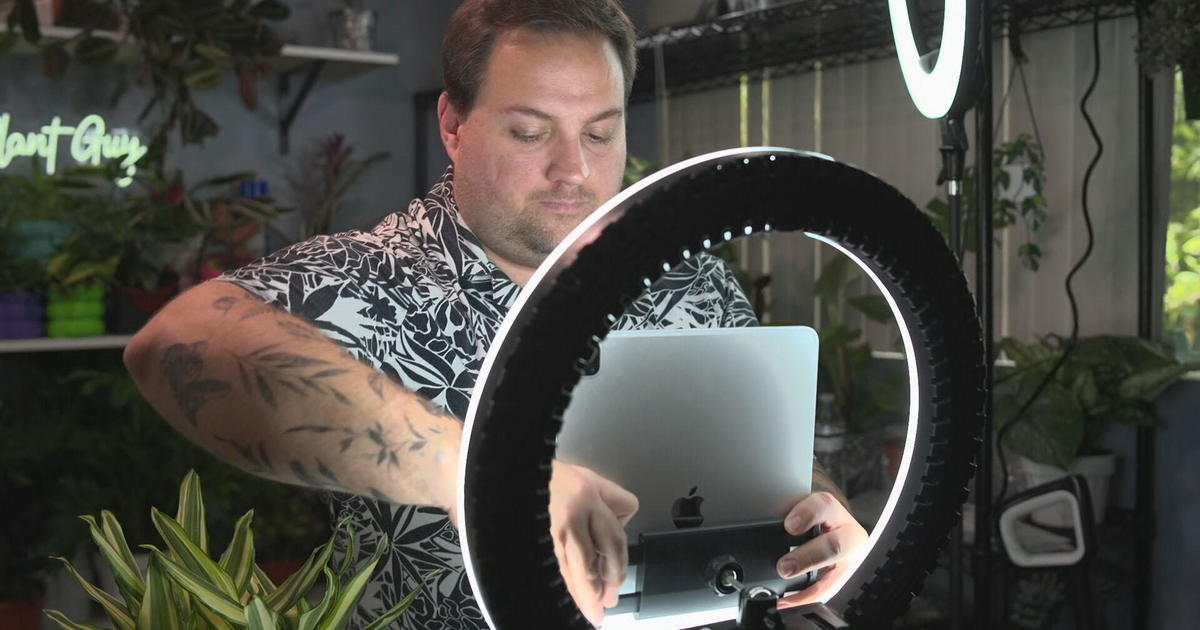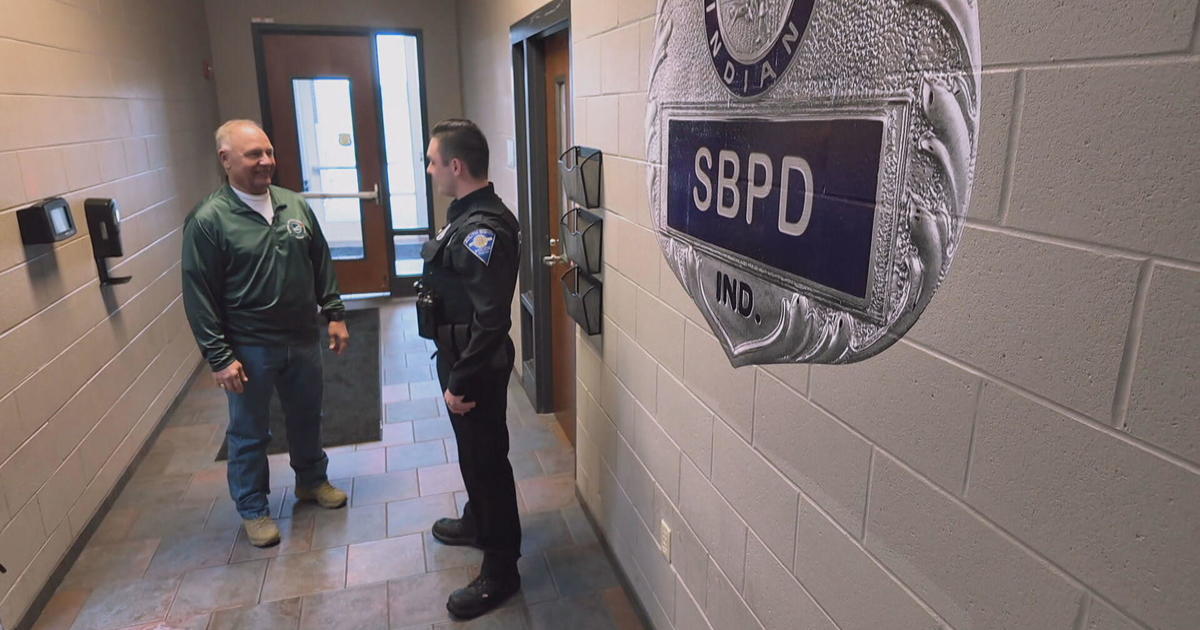What does reimagining police look like?
Callers to 911 in Austin get four options for their emergency. The person answering will ask whether they need police, firefighters, EMS or a mental health worker. Offering those four choices when the police are called is at the core of a reimagining of police work taking place in the Texas capital that's leading the nation in police reform. Amid calls for defunding law enforcement over deadly encounters between citizens and police, American cities are rethinking how to train and deploy their police forces. Scott Pelley reports from Austin and also speaks to a social scientist helping other cities reassess their police departments for a 60 Minutes segment to be broadcast Sunday, November 21, at 7 p.m. ET/PT on CBS.
"I do believe adding the fourth option to mental health is the next evolution of 911," says Lt. Ken Murphy, who runs Austin's 911 system. The fourth option dispatches mental health clinicians when there's no apparent threat of violence, yet intervention is needed. The results have been positive; so far this year, says Murphy, "We were able to divert 3,564 calls away from police response," leaving the officers to respond to emergency situations.
Austin Police Chief Joseph Chacon, a 20-year veteran promoted from the department's ranks last month, wants to take this idea even further because only 1% of Austin's 911 calls involve violent crime. He wants to send unarmed civilian employees to respond to auto accidents, vandalism, and burglaries to take reports.
"You have police that have been asked to do more and more different kinds of things," Chacon says. "Do we need to look at scaling back on what these other things are, and see is it more appropriate for, you know, a civilian or somebody else, some other function to take care of that?"
Redefining policing to avoid the use of force is one focus of Phillip Goff's work at the Center for Policing Equity, which analyzes police data. A professor of African American Studies with a Ph.D. in psychology, Goff has worked with cities like Las Vegas and Berkeley, Calif., to help reimagine their police forces.
"And the adage has been in law enforcement since forever, 80% of what we do has nothing to do with law enforcement. It's all social work," says Goff. It's work the police don't want to do anyway, he says.
"You want a social worker to go there, someone who's actually trained in substance abuse? Mental health stuff. How about we send someone who's trained in that to go do that? And we're starting to cut away at the things we've asked law enforcement to do that they don't want to do," Goff says.
Changing the way officers are trained, especially in the academy, is also part of the reform process. In Austin, the police academy was paused for a year, partly because the city experienced calls for defunding its police after two officers were charged with murder in shootings, nine months apart, of a mental patient and an unarmed man who was Black and Latino. The academy's curriculum was rewritten to emphasize de-escalation in violent confrontations. It also added a course on the history of race and policing, and arranges visits between cadets and members of the city's Black, Brown, Asian and LBGTQ communities. The cadets are also trained to intervene in situations where they think their colleagues' are abusing their authority.
Goff says such training helped the city of Las Vegas reduce its use of force, particularly in foot chases.
"Las Vegas Metro, they said, 'We think we might be using too much force.' I said, 'Why do you think that?' They said, 'Because our community tells us so.' I said, 'That's a good indication,'" Goff says. "So literally, they started training their officers, you're high on adrenaline, you slow it down, you count to 10, don't touch the person till the backup shows up. They dropped their use of force by 23% the next month. And it stayed low and it became a national model from training in foot pursuits."



